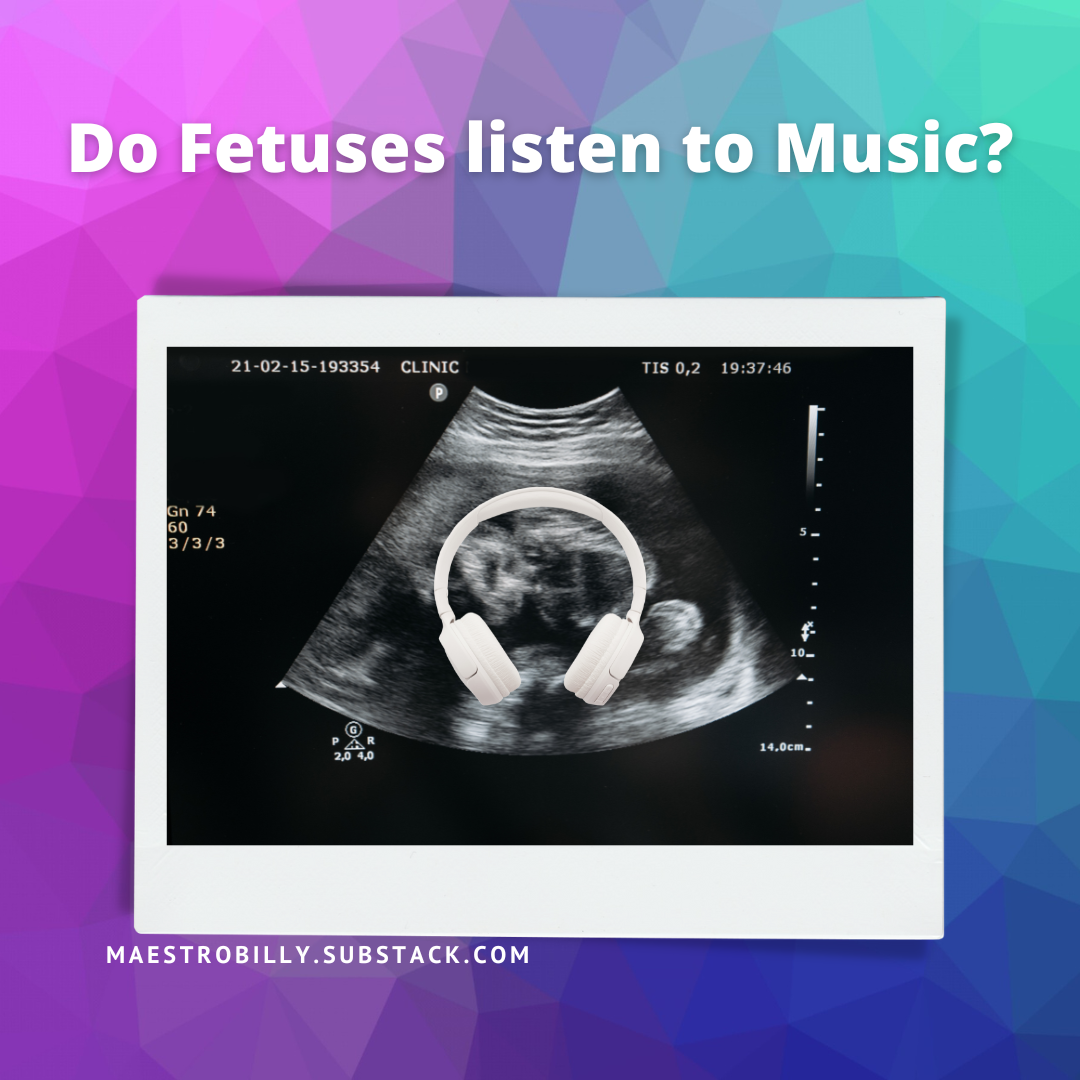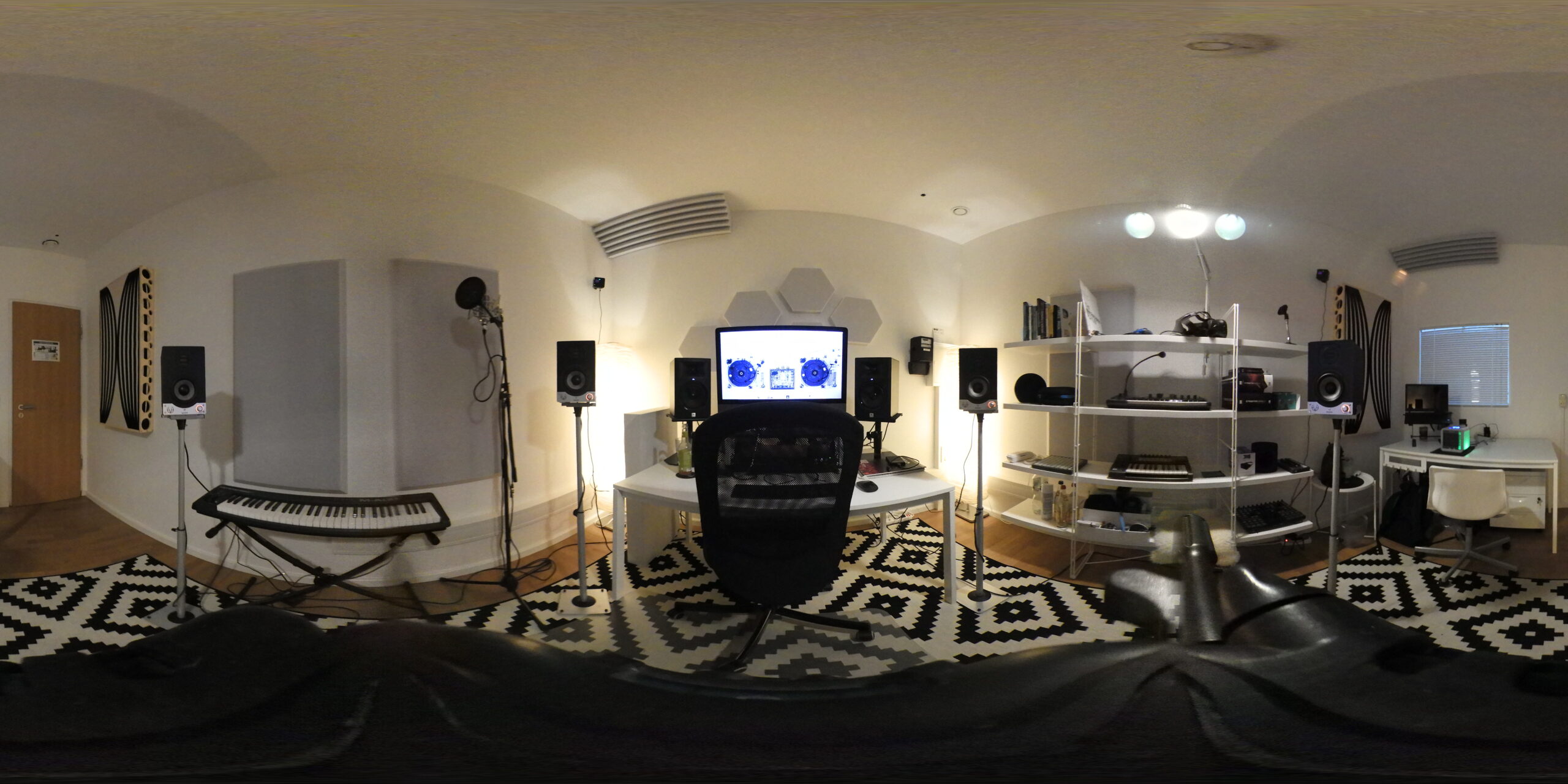The Fascinating Connection Between Prenatal Sound Exposure and Lifelong Development

Did you know that a fetus begins to hear sounds from the 24th week of gestation? Yes, you who are reading this, you were already hearing sounds (and music) long before you were born.
Some years ago I’ve created a post about music (in Portuguese) for pregnant women to listen to and play for their babies (both in the womb and after birth).
The playlist that’s mentioned in the post is here:
But let’s go deeper into this amazing topic.
Chris Watson, a renowned field recorder and one of the biggest names in nature sound recording, captured the sounds of the sea using a hydrophone. He associated these marine sounds with what we hear inside our mothers’ wombs.
Yes, the concept is the same. This is one of the reasons why being near the sea relaxes and comforts us. It’s the association of the sea sound (the wave comes, a bit of silence, the wave returns) with intrauterine sounds.
You can see here (the video is already at the right moment) how it all works, and the explanation of what he captured:?
The Science Behind Prenatal Music Exposure
Research has shown that exposing fetuses to music can have significant impacts on their development. Here’s what science tells us:
Brain Development: Prenatal music exposure has been linked to enhanced brain development, particularly in areas associated with language and spatial reasoning.
Stress Reduction: Certain types of music can lower the mother’s stress levels, which in turn benefits the fetus by reducing exposure to stress hormones.
Auditory Processing: Regular exposure to music during pregnancy may improve a baby’s auditory processing skills after birth.
Memory and Learning: Some studies suggest that babies can remember and prefer music they heard in the womb, potentially aiding in early learning processes.
Long-term Effects: From Infancy to Adulthood
The benefits of prenatal music exposure don’t stop at birth. Research indicates potential long-term effects:
Enhanced Musical Abilities: Children exposed to music prenatally often show a greater aptitude for music and rhythm.
Language Development: Early exposure to complex auditory stimuli like music may contribute to faster language acquisition in early childhood.
Emotional Regulation: The calming effects of certain music heard in the womb may translate to better emotional regulation skills in infancy and beyond.
Cognitive Functions: Some studies suggest that prenatal music exposure might contribute to improved cognitive functions, including memory and problem-solving skills, later in life.
While more research is needed to fully understand the long-term impacts, the current evidence suggests that prenatal music exposure can be a valuable tool for supporting fetal development and potentially enhancing various abilities throughout life.
Best wishes,
Billy.

Leave a Reply